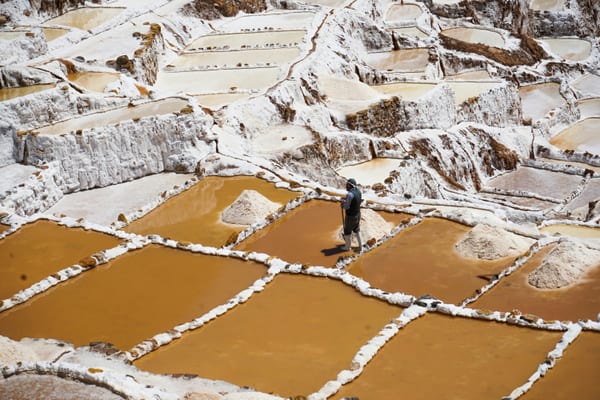Human Rights in Kenya's Extractive Sector: Exploring the Terrain
2 December 2016

Background
Kenya is a resource rich developing democracy. In 2012, large oil reserves estimated to be worth USD 62.4 billion were discovered and the country has valuable mineral resources as well, It also has a new and progressive Constitution that provides constitutional protection to many of the human rights impacted by extractive operations.
There is nonetheless a deep concern that the immediate incentives of politics, commercial cycles and current economic circumstances in Kenya might play forcefully against the significant time, resources and effort needed to address the structural challenges of creating a supportive enabling environment for responsible business in the extractives sector. The country is actively revising its relevant policy and legal framework, but impacts already experienced by communities and workers on the ground indicate that those changes cannot come too soon. The profound devolution of administrative authorities to the 47 newly created counties creates tremendous risks alongside opportunities for extractive governance closer to communities.
Message
This Report is the product of desk-based and on-the-ground interviews to assess the human rights and environmental issues within Kenya’s increasing extractive sector activities.
Recognising that the policy and legal framework plays an important role in setting the conditions to reinforce the corporate responsibility to respect human rights in the extractive sector, the Report includes an in-depth analysis of the policy and legal framework from a human rights perspective. Where these frameworks leave gaps or contradict international human rights standards, they present a challenge to a level playing field among companies, as the gaps can be filled by good – and bad – practices.
This can result in significant adverse impacts for local communities, as the field research highlights. The field-based, on-the-ground interviews provide perspectives from local communities, businesses and local governments on challenges and the impacts across a range of human rights.
The Report highlights a number of concerns across a range of human rights, but chief among them were those related to land. Communities hosting extractives operations were concerned about inadequate consultation prior to companies accessing land, inadequate compensation for land and land improvements, inadequate protection of land rights due to lack of ownership title both for individual owners or communities that hold community title. Related to this were threats to livelihoods as a result of deprivation of land, as well as possible environmental degradation by the extraction activities.
Implementation gaps, in particular by government regulators, present a further critical driver of human rights challenges in the context of Kenya’s extractive sector. This is compounded by information asymmetry between communities and business, diminishing the chances of successful advocacy on behalf of impacted communities.
Implications
All stakeholders in Kenya’s extractive sector – the Kenyan Government, oil, gas, mining companies, investors, home governments, and civil society organisations – are encouraged to explore the terrain of human rights in Kenya’s extractive sector. This Report serves as a tool to better understand where the gaps exist and use the stakeholder-specific recommendations to effectively prioritise and advocate to close these gaps, providing a solid basis for the further expansion of Kenya’s extractive sector in line with sustainable development.
Both governments and extractive companies have important roles to play in ensuring that the sector contributes to sustainable growth while preventing and mitigating the adverse impacts that inevitably accompany the sector. Strong government and company policies and systems to address environmental and human rights impacts, on-going dialogue and accessible and effective systems to provide remedy are all important components of turning Kenya's resources into a blessing and not a curse.






